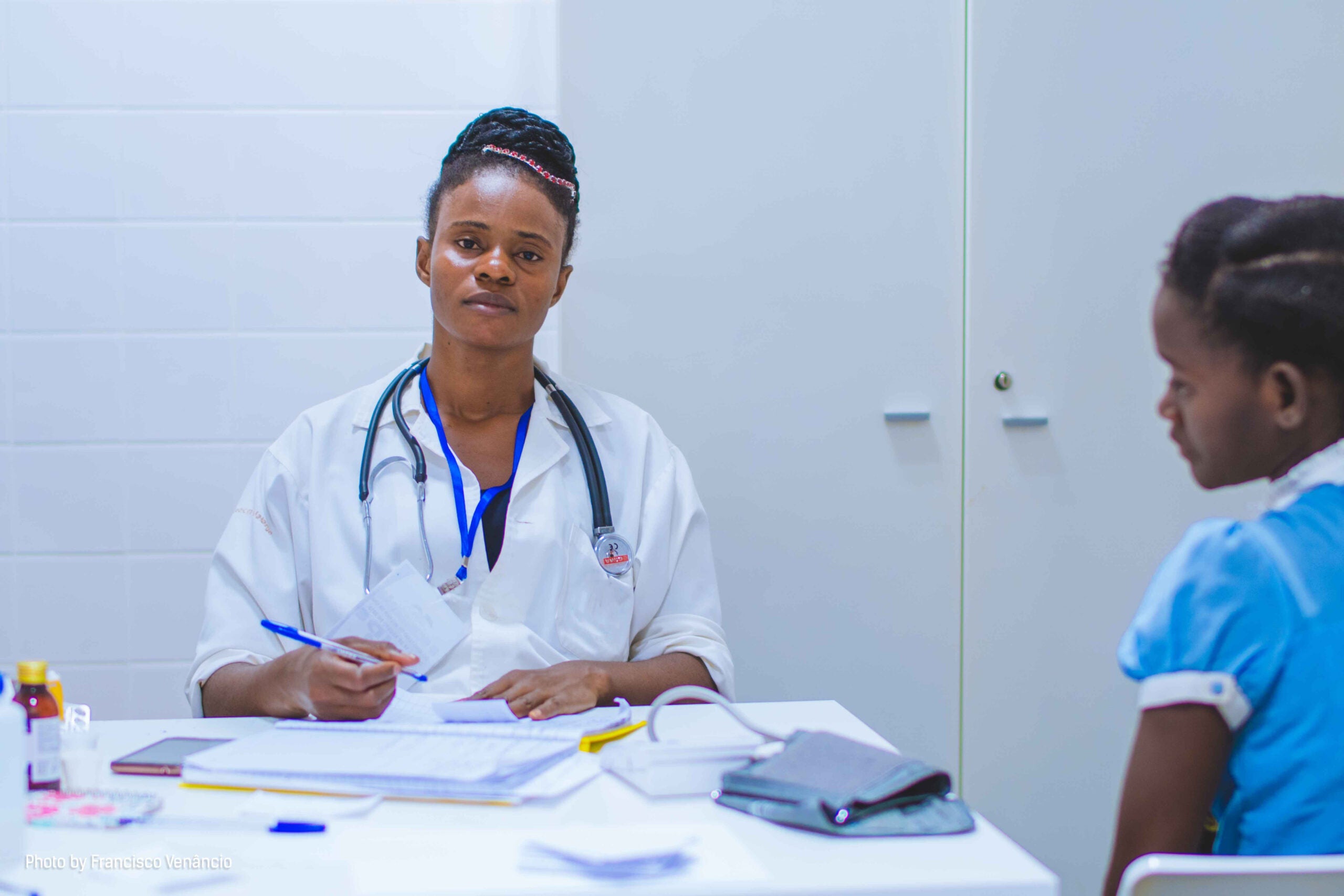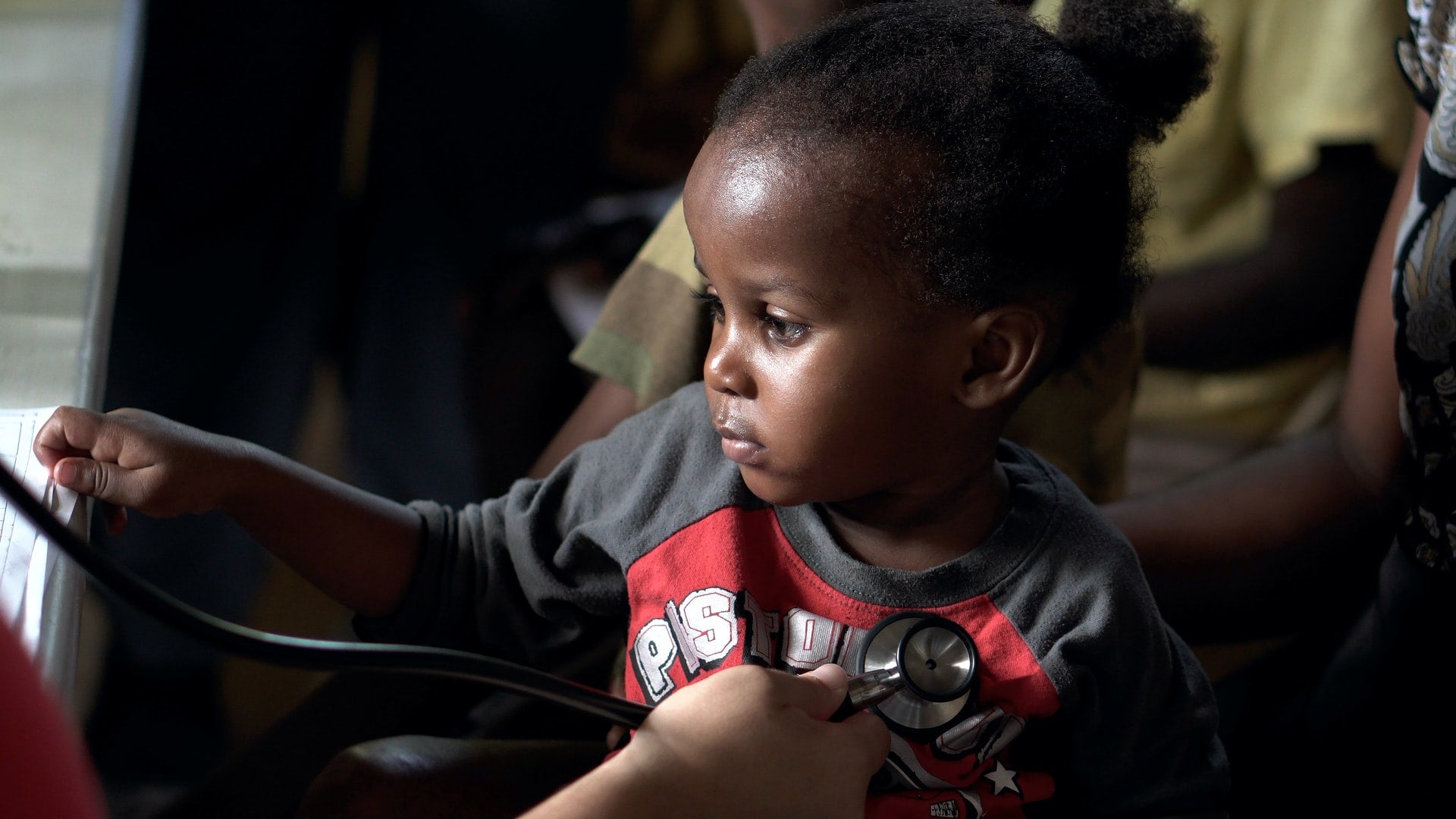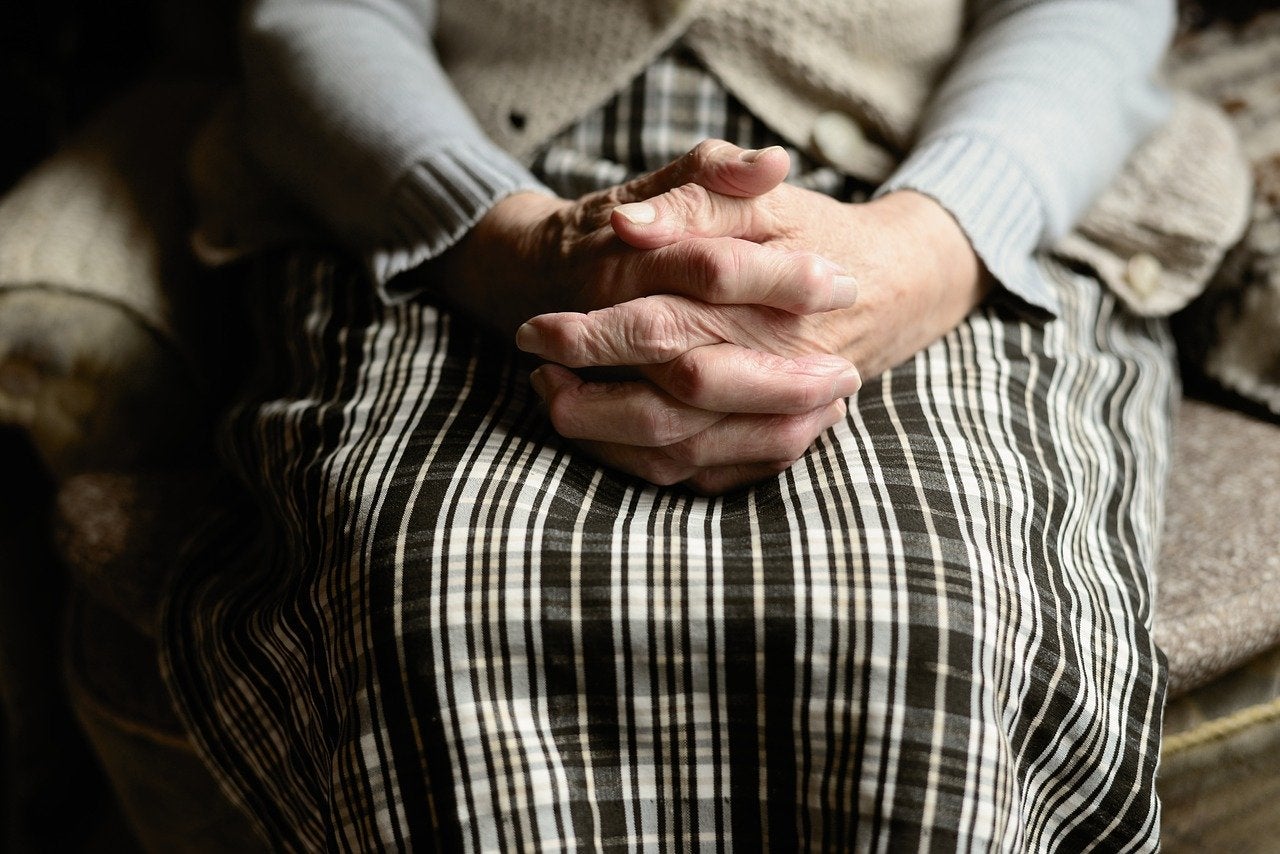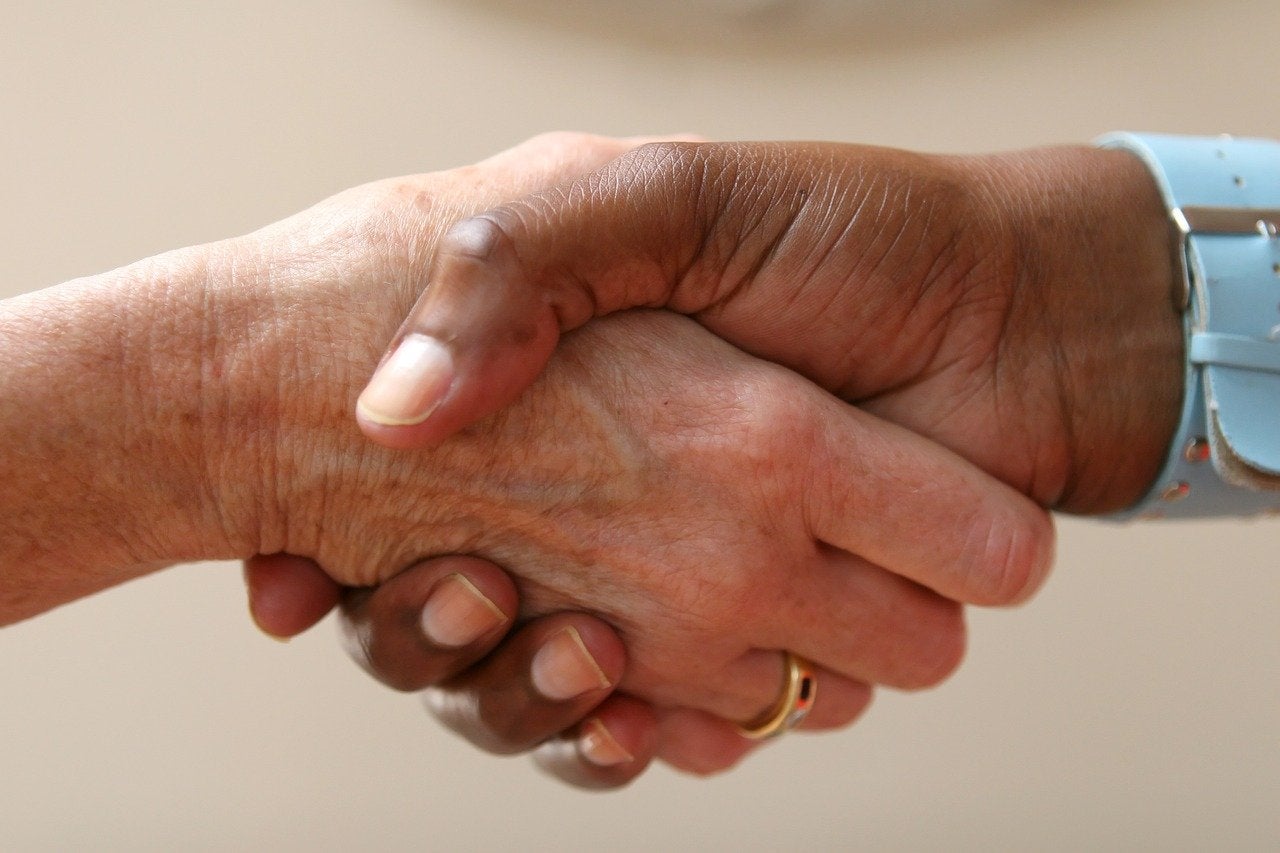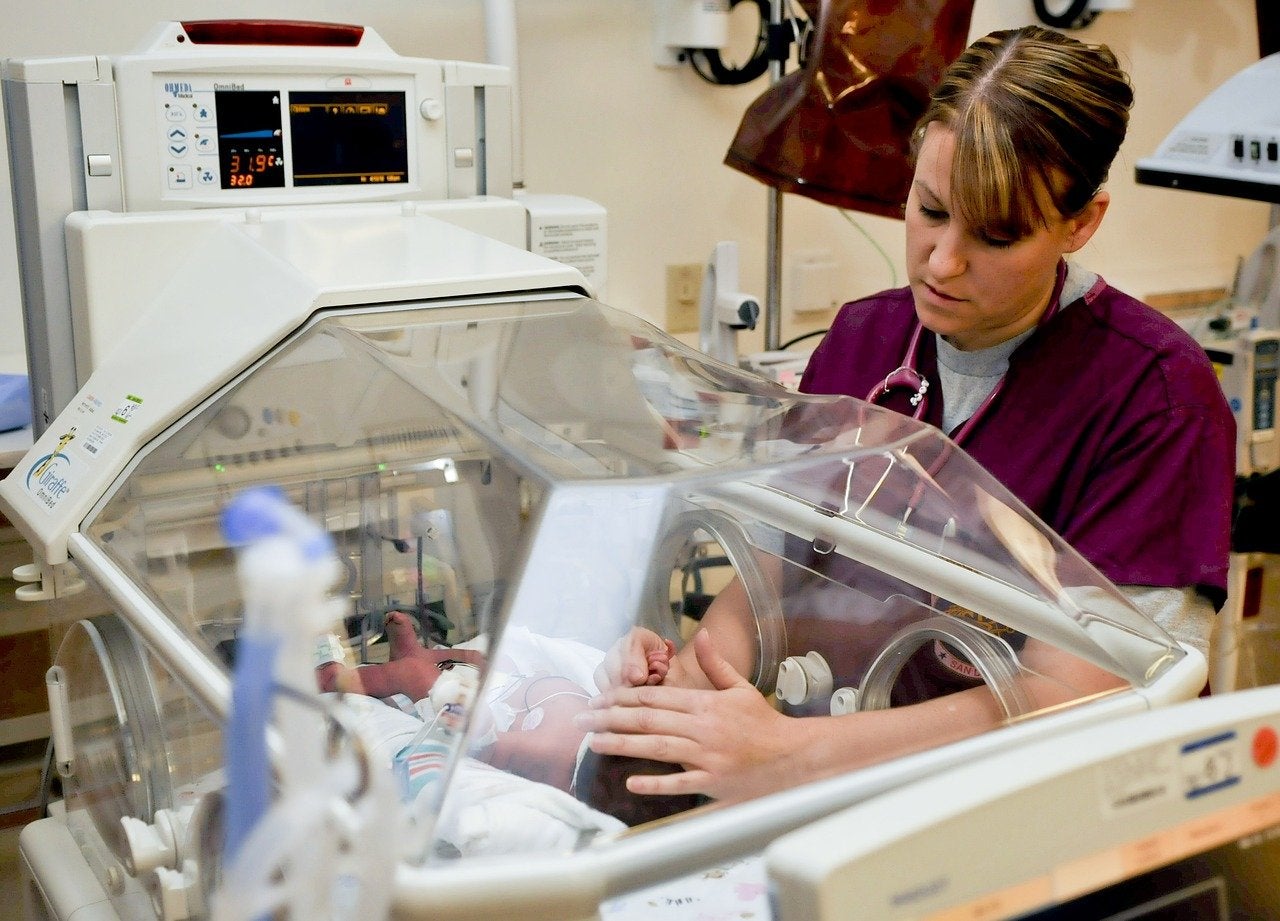Republished under a Creative Commons license
By Dr. Aaron Bernstein in Coverage
I remember the first patient I ever treated as a pediatrician. He was a young boy, maybe 5 or 6 years old, who needed IV antibiotics for a routine skin infection. Ten years later, what sticks with me most about this child and his illness is that he got better. I was in awe of how so many things went right: we made the right diagnosis; we had the right medicine on-hand to treat it; the medicine was given correctly and promptly; and, of course, the medicine cured the disease.
What I’ve learned in the past decade is that what we count on to make care go right has increasingly become harder to count on. A host of challenges have put my ability to do my job as a doctor at risk, and at the top of that list is climate change. Here’s why.
Climate change makes it harder for people to stay healthy.
Carbon pollution has made extreme heat more common and severe across the country, but few medical providers know much about heat-related illnesses. Our best science suggests that extreme heat can contribute to stillbirths, suicides, and asthma attacks, among other effects, and it is especially dangerous to people with chronic medical conditions such as diabetes, heart failure, and kidney disease, conditions that affect more than 1 in 10 Americans.
More people are living with episodic heatwaves that are unprecedented in their lifetimes (a single heatwave in July 2019, the hottest month ever on record, had nearly half of Americans endure temperatures above 95 degrees) and may not recognize these health risks. Their health care providers may not either, especially when it comes to prescribing medications like diuretics, anti-hypertensives, and selective serotonin reuptake inhibitors that may be riskier when taken in hotter temperatures. Beyond heat, climate change puts health at risk in many other ways—through spreading infections, making food less available and less nutritious, and polluting our air and water, among others.
Climate change also makes it harder for medical providers to do our jobs.
A trend in practitioner specialization and high-tech care has made healthcare better in so many ways, but it also has made us more vulnerable to unwelcome surprises. Take power outages, for example. Extreme weather events, including severe storms and heatwaves, have grown more dangerous and frequent with climate change, and these disasters have caused more power outages in the United States over the past 15 years than anything else. Hospitals and clinics use back-up generators during an outage, but caring for patients in a hospital running on back-up power—which sometimes fails—is far from routine. Care delivery may slow down or be more prone to error, especially when care is delivered by highly specialized providers who need high-tech devices.
Even low-tech care is vulnerable to extreme weather. In fall 2017, Hurricane Maria wrecked Puerto Rico as a whole as well as the factory that supplied the bulk of small-volume IV fluid bags to the continental U.S. Ensuing shortages of IV fluids and IV bags, which are foundations of healthcare, left most hospitals and clinics around the country scrambling to figure out how to ration fluids and deliver medicines. Hurricane Maria made one thing especially clear: climate change fueled extreme weather can matter to care delivery far from where disaster strikes.
We should combat carbon pollution because it protects our ability to deliver care to those who need it. But we should also take climate action because it can improve everyone’s health—especially those whose health is at risk already—right away. Getting more people safely walking, bicycling and taking public transit to and from school and work, for instance, means less carbon pollution, less traditional air pollution like ozone and particulate matter, and more physical activity, which can reduce rates of obesity, diabetes, and asthma and improve mental health (see examples here and here). Major health benefits come with generating electricity from cleaner sources like renewables (see examples here and here). Because air pollution from burning fossil fuels is well known to disproportionately harm neighborhoods with high African-American and Latino populations, decreasing fossil fuel reliance can reduce health inequities that come from these communities breathing dirtier air.
Not long after I became a pediatrician I realized that I had to work on climate change if I wanted to do the job I’d signed up for—to keep children healthy. Even if everything goes right in the hospital, no prescription I write can safeguard children from climate change. That’s why, at the Center for Climate, Health, and the Global Environment, known as Harvard C-Change, at the Harvard T.H. Chan School of Public Health, we’re trying to help families, medical providers, and policymakers better understand the connection between climate and health that will lead us to a healthier future. Our work will not be complete without engagement and action from all of us, so please join us in this fight and follow this series to learn how you can take steps in your daily life to improve health through climate actions and encourage leaders to take bold action.
Coverage is a news service of Blue Cross Blue Shield of Massachusetts











